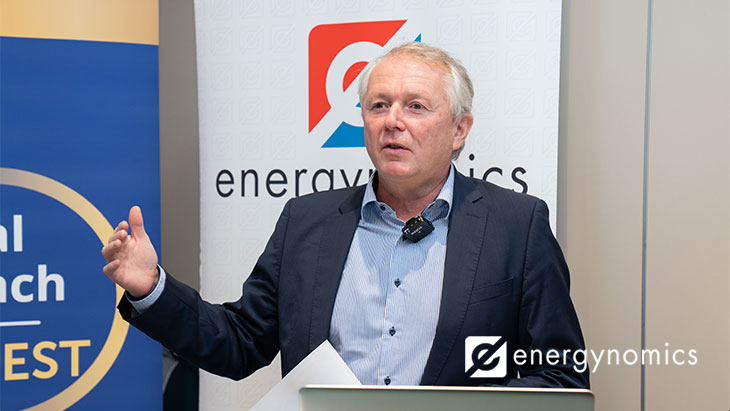Hungary will have to spend 2.4 billion euros annually over the next 30 years to reach the objective set by the European Commission regarding reaching the level of net-zero CO2 emissions. One of the ways chosen by the Budapest government to achieve this goal is to store energy in batteries.
“Hungary emits 60 million tons of CO2, and to reach net zero in 2050 we need an enormous effort to reduce emissions,” said Dr. Péter Kaderják, Managing Director of the Hungarian Battery Association (HUBA), at the conference “Regional approach Budapest: Cooperation” organised by Energynomics.
The government in Budapest has already established some partnerships with major battery manufacturers that have announced investments in production facilities in Hungary. The need to store electricity in batteries is given by the massive influx of photovoltaic energy in recent times.
“In the last five years, we have seen an exponential increase in photovoltaic panel installations. We now have a capacity of almost 3.5 GWh, but the grid operator warned about the need for flexible units, so we ended up discussing energy storage in batteries,” added Kaderják.
By the end of this decade, Hungary should have a battery production capacity of 220 GWh, and this component will help the automotive industry transition to net-zero emissions.
DOWNLOAD THE PRESENTATION OF PÉTER KADERJÁK
According to Kaderják, Hungary and Romania could find ways to cooperate in this sector as both countries have an extremely important automotive industry for their national economies.
The conference “Regional Approach Budapest – Cooperation” is organized by Energynomics with the support of our partners: ABB România, Kawasaki Gas Turbine Europe, Volt.
